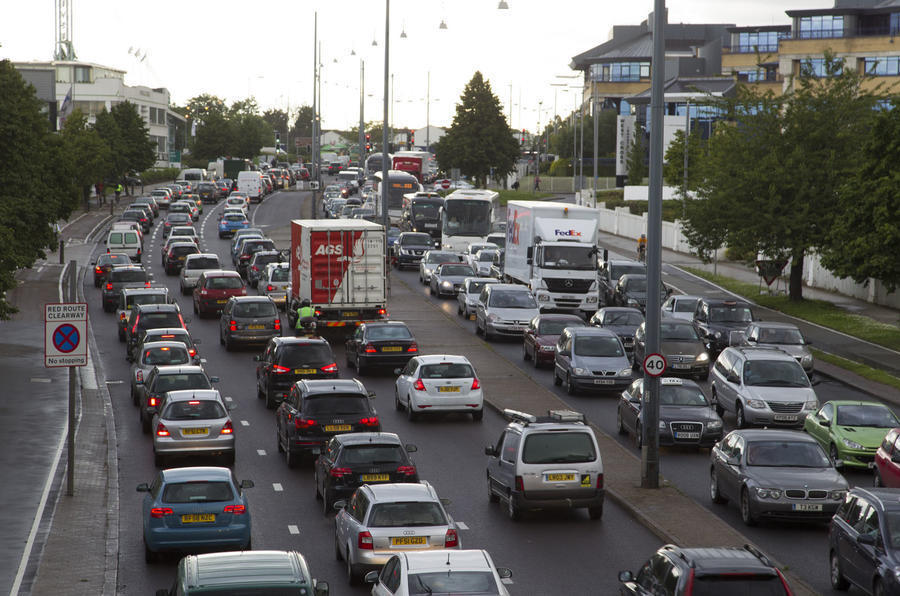An independent group of government advisors has called for tax rates for conventionally fuelled cars to be increased to help raise money to fund climate change initiatives.
The Committee on Climate Change (CCC), an independent public body formed in 2008 following the Climate Change Act, has called for the action in its latest progress report on the UK's 'Road to Zero' strategy. It has also restated its previous call for the government to bring forward the proposed ban on combustion-engined new car sales from 2035 to 2032.
The CCC believes the measures are needed to help the government achieve its goal of the UK achieving carbon neutrality by 2050. It says that should be achieved by reducing traffic levels and facilitating the mass rollout of low-carbon vehicles (LCVs).
The report claims higher taxes on carbon emissions could be introduced while fuel prices are currently low following the coronavirus pandemic to minimise the effect on drivers: “Greater use of carbon taxes can support the public finances and strengthen incentives to reduce emissions. They are particularly attractive when global oil prices, and therefore consumers' energy costs, are low, as they are now.”
Alongside an increase for higher-emissions vehicles, the CCC recommends that the Vehicle Excise Duty (road tax) system could be overhauled to make LCV ownership more appealing. It added that the government’s plans to expand the UK’s EV charging network are in line with its net zero ambitions but should be delivered now.
The CCC claims that, in order to meet the 2050 deadline, sales of new combustion-engined cars must stop within the next 12 years: “There should be a rising mandate for car companies to sell a minimum share of zero-emissions vehicles, reaching 100% by 2032 at the latest.”
The government is currently consulting on its plans to ban the sale of non-zero-emission cars and vans by 2035 or earlier, with an online consultation process open until 31 July.
The CCC said: “The UK government is consulting on bringing forward the date for phasing out petrol and diesel cars and vans (including hybrids) from 2040 to 2035 or earlier, in line with the Committee's advice. The Committee's assessment is that the date should be brought forward to 2032 at the latest, and backed by detailed policy arrangements to deliver it.”
It added: “Initial steps towards a net-zero policy package have been taken, but this was not the year of policy progress that the Committee called for in 2019.









Join the debate
Add your comment
To jonboy4969
They were also renowned for their all day parties.
A very different set from the average person who dreamt of being able to afford a second hand Austin 7.
It is a way of reducing traffic
However, very many poor people have never been able to afford a car that is less than 4 years old and it's they who won't be able to pay road tax figures of 4 figures and fuel prices of several pounds a litre.
Last time they did that was a disaster
We ended up with loads of dirty diesels....
Thekrankis wrote:
We also had a lot of city